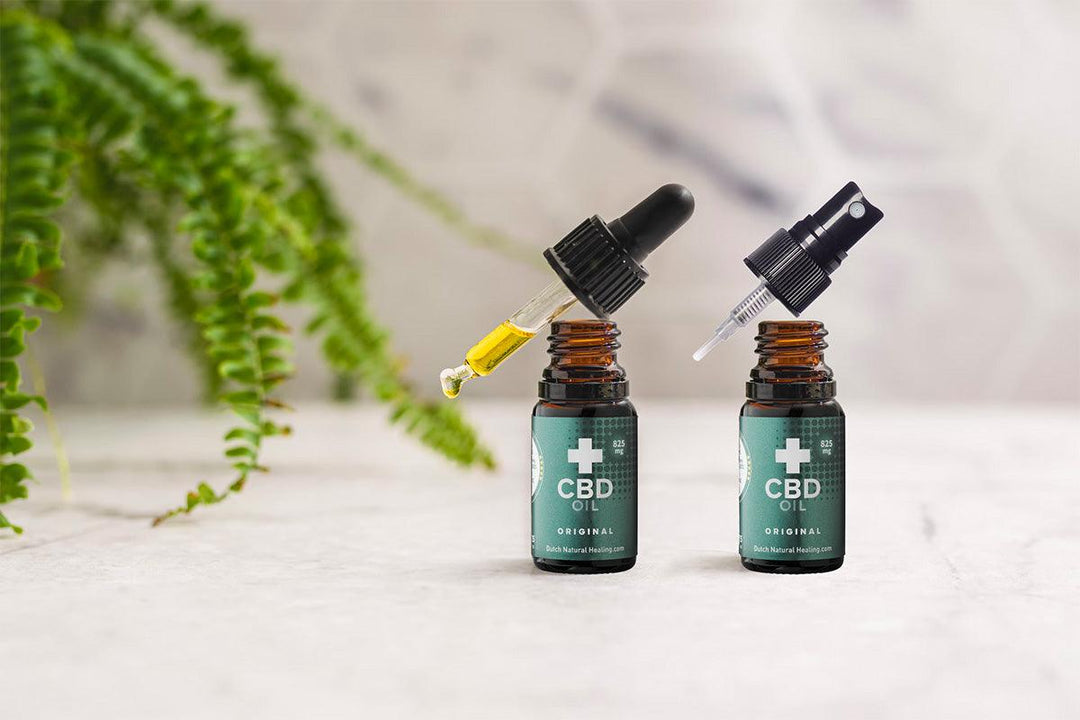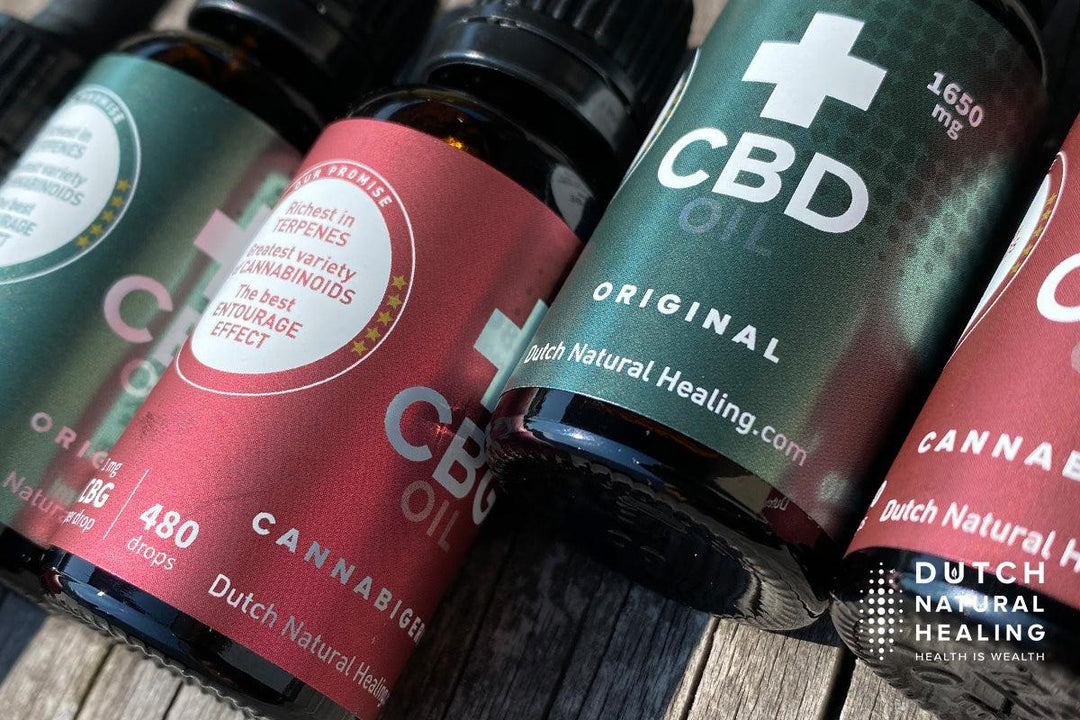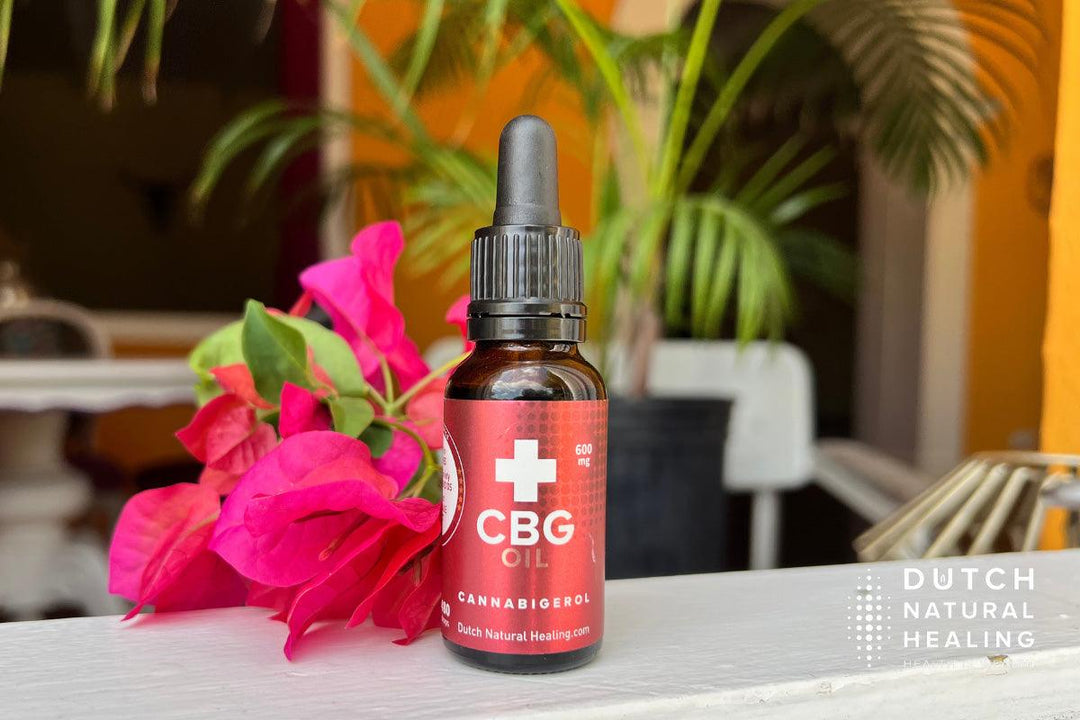There are lots of ways to experience the therapeutic benefits of cannabidiol (CBD) and there are a wide variety of supplements available, such as CBD oils, gummies, patches, and capsules.
In this article, we’ll take a look at the specific advantages offered by CBD sprays, how to use different types of CBD sprays, and whether they are the right type of CBD supplement for you and your needs.
What is CBD?
Cannabidiol, or CBD, is one of the many naturally occurring compounds found in the hemp plant, Cannabis sativa. Believed to possess a wide range of therapeutic benefits for the mind, body, and emotions, it is non-toxic, non-psychoactive, and non-addictive.
What is CBD spray?
CBD sprays are a particularly quick and easy way to use CBD and can either be taken orally, nasally, or sprayed on the skin. Regardless of how you use them, the common factor for all CBD sprays is they all contain CBD in some kind of carrier oil.
How does CBD interact with our bodies?
CBD’s therapeutic benefits are thought to be due to the compound’s effect on the endocannabinoid system (ECS) — the body’s chemical messaging network.
Because CBD has a similar molecular structure to the body’s endocannabinoids, it binds to key neurotransmitters which means it can amplify and strengthen the functioning of the ECS, and help it maintain homeostasis or balance.
CBD can therefore help regulate and control a wide range of physiological and psychological functions, such as sleep patterns, mood, response to pain, appetite, immune response, and response to inflammation. It can also reduce stress and anxiety.
How should I use CBD spray?
Using CBD spray orally
Some studies suggest that a sublingual dose of CBD is more effective than other methods of consumption.
Some users find it to be one of the quickest ways to experience CBD’s therapeutic, full-body effects. This is because the mucous membranes of the tongue and mouth are thin, with an excellent blood supply, so CBD is absorbed into the bloodstream almost instantly.
To use an oral spray:
- Spray the CBD under your tongue
- Leave it there for around 20 seconds, or up to a minute in total, and then swallow it
- Alternatively, spray directly onto your tongue and swallow the dose immediately
Using CBD spray topically
Some CBD sprays are specifically intended for topical use and are designed to be sprayed on the skin to treat affected parts of the body directly.
Although the skin is the largest human organ and contains a large number of neuroreceptors that can pick up and be affected by CBD, topical application will not allow you to experience a full-body CBD effect as it doesn’t enter the bloodstream through the skin.
However, CBD’s anti-inflammatory and moisturizing effects have been shown to support skin health by alleviating the symptoms of eczema, dermatitis, and psoriasis. Studies show it may even help treat acne and acne scars.
Using CBD spray nasally
CBD can also be administered nasally and some sprays have a specific nozzle for this.
Here’s how to use CBD nasal spray:
- Close one nostril and insert the spray in the other
- Using the plunger, spray into the open nostril
- Repeat on the other side, depending on your desired dosage
CBD nasal sprays can help relieve narrowed or blocked nostrils and sinuses and may stimulate the healing and recovery of mucous membranes irritated by allergens and infections.
Nasal sprays have a fast rate of absorption and are very convenient to use, which is likely why their popularity is increasing.
6 benefits of CBD spray
- It makes it easier to control doses
Sprays make measuring your daily dose of CBD incredibly easy, as each “squirt” contains exactly the same amount of CBD — so you’re in full control of your dosage and can increase or decrease it at will.
- CBD spray may be useful for those with digestive issues
Some people don’t tolerate oral CBD products like gummies, oils, and capsules, so CBD sprays offer them a viable alternative to the oral route.
This is especially helpful for people with gastrointestinal disorders such as gastroenteritis, chronic diarrhea, gastroesophageal reflux disease (GERD), or anyone who has been through gastric surgery.
- CBD spray can take effect quickly
Another advantage of CBD sprays over ingested supplements is their quicker-acting effect. This is because sublingual or nasal CBD doses are absorbed through the thin membranes of the mouth and sinuses directly into the bloodstream.
- Carrier oils can bring their own potential benefits
The carrier oils used in CBD sprays bring their own therapeutic effects. In particular, full-spectrum CBD oil can improve rates of absorption and bioavailability, and hemp seed oil is renowned for its benefits for the skin and pleasing nutty flavor.
MCT has also been shown to be a good source of energy and can help with weight loss, and help modulate metabolic irregularities, such as diabetes.
- It's a discreet way to take CBD
Recognition of CBD’s benefits is growing all the time, but there is still some way to go before it becomes completely “mainstream”. Some people still associate it with marijuana and other narcotics, so having a discrete way to take CBD is a distinct advantage for many people.
- It's easy to apply and consume
The biggest advantage of CBD sprays over other CBD supplements is simply its ease of use. Whether you use them topically, orally, or nasally, CBD sprays are probably the most convenient of all the various forms of CBD supplements on the market.
How much CBD spray do I use?
Finding out how much CBD spray to use requires some trial and error, so it pays to start with a low dose and increase it gradually until you experience your desired effect.
Just remember that CBD spray applied topically takes longer to work because of its lower bioavailability compared to oral or nasal doses, so you may need to use a larger dose or apply it more frequently.
Is CBD spray right for you?
The popularity of CBD sprays is increasing all the time because of their efficacy, ease of use, and the variety of ways they can be taken, but the question of whether a CBD spray is the right choice for you is entirely down to your personal preference.
As ever, it pays to experiment to find the right supplement for your own specific needs. Dutch Natural Healing has a vast range of CBD supplements, including various CBD sprays, so finding the right one shouldn’t be a problem.
FAQs
Which carrier oils are used in CBD sprays?
The most popular carrier oils used in CBD sprays are grapeseed oil, hempseed oil, and coconut oil.
Each oil has its own particular benefits for the skin: grapeseed is rich in anti-oxidants; hempseed is high in omega-3 fatty acids; and coconut is a natural anti-inflammatory and anti-bacterial agent.
How much CBD should a beginner start with?
If you’re just starting out with CBD, it’s important to get a feel for your optimal dose — take too little and you may feel no effect whatsoever; take too much and you may experience side effects.
Therefore, we advise you to start with a daily dose of about 10mg of CBD and increase it gradually as needed.
What’s the difference between CBD oil and CBD spray?
CBD oils and CBD sprays (unless for topical use only) can both be used sublingually, but some CBD sprays are designed to be used nasally, meaning they skip the digestive tract entirely and deliver their CBD direct to the bloodstream via the mucous membranes.
Is CBD oil better than CBD spray?
CBD oil and CBD spray both deliver cannabidiol which is derived from the hemp plant, Cannabis sativa.
They are both effective ways to experience the beneficial effects of CBD, but which type to choose is entirely up to your personal preference, so again, it pays to experiment.
Does topical CBD spray help your skin?
CBD is well known for its anti-inflammatory and analgesic properties, so it makes a great addition to a spray as it can help reduce inflammation and pain when used topically.



